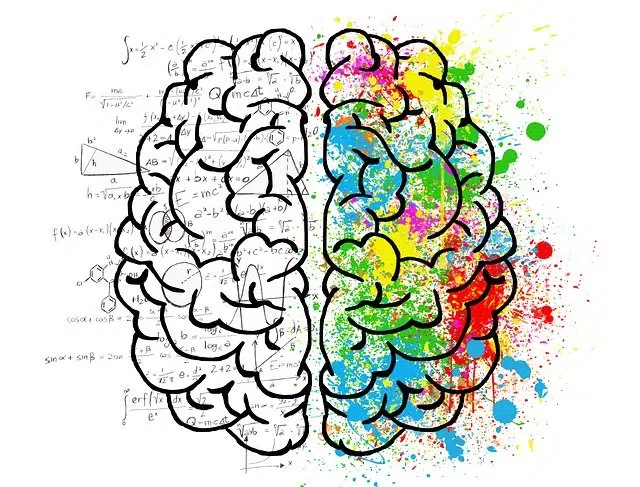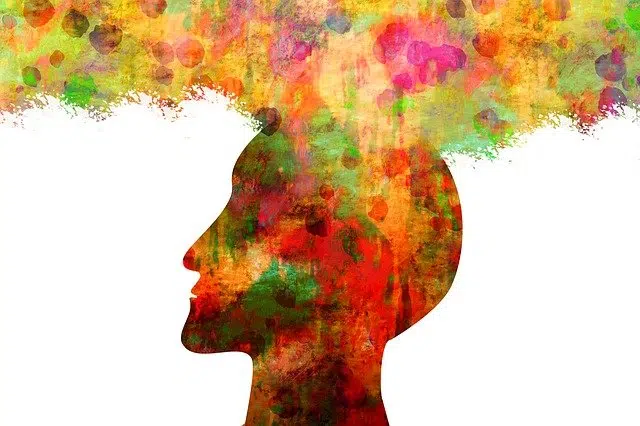
Gestalt is a German term used in the field of psychology.
If you look for the term Gestalt in a Spanish dictionary, it is very likely that you will not find it. Gestalt is a noun from the German language (so it must always be written in capital letters) that, although it has been translated as form or configuration , is usually used without translation since it does not have an exact equivalent in the Spanish language.
Gestalt psychology is a psychology movement that emerged at the beginning of the 20th century on German soil, with theorists such as Kurt Lewin , Max Wertheimer and Kurt Koffka , among others.
This school maintains that the mind is responsible for configuring, through various principles, all those elements that become part of it thanks to the action of perception or the collection of memory . For Gestalt psychology, the whole is never equal to the sum of its various parts, but rather it is something different.
The Gestalt doctrine
Among the main laws announced by the Gestalt doctrine are the law of similarity (which postulates that the mind is responsible for grouping elements according to their similarity), the law of pregnancy (the experience resulting from perception always tends to acquire the simplest form), the law of proximity (the gathering of elements is specified according to the distance) and the law of closure (when an element is missing, the mind is responsible for adding it in order, in this way, to obtain a complete figure).
However, it must also be made clear that along with these principles there are others such as that of symmetry, which establishes that images that are endowed with this hallmark are seen as identical from a distance, or that of experience, which determines that Our nervous system is formed based on the external world that surrounds us, it is influenced by it.
In addition to all this, we must also highlight the fact that the so-called Gestalt psychology that we are analyzing has as its antecedent the German philosophy that was developed during the 19th century. This means that it is influenced by important authors such as Immanuel Kant, who undertook a series of theories that revolved around imagination, stimuli and thought.
However, we must not overlook that another of the authors who has most influenced this psychology has been Edmund Husserl, who went a step further by uniting what is one's own experience with phenomenology.

According to Gestalt theory, the whole is something different than the sum of its parts.
Difference between psychology and therapy
It is important to distinguish between Gestalt psychology and Gestalt therapy , which is part of humanistic psychology and is characterized by its intention to promote the growth of the potential of human beings.
And to do this, what it does is help you try to overcome all the negative symptoms you have, freeing yourself from the entire set of blockages you have in your life so that in this way you can be the freest individual, you can grow and you can self-realize.
The Perls couple, Fritz and Laura, were the creators of this type of therapy with which they managed to give a change and a twist to human psychology.
